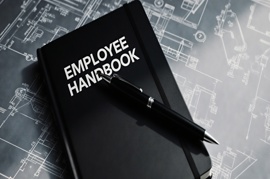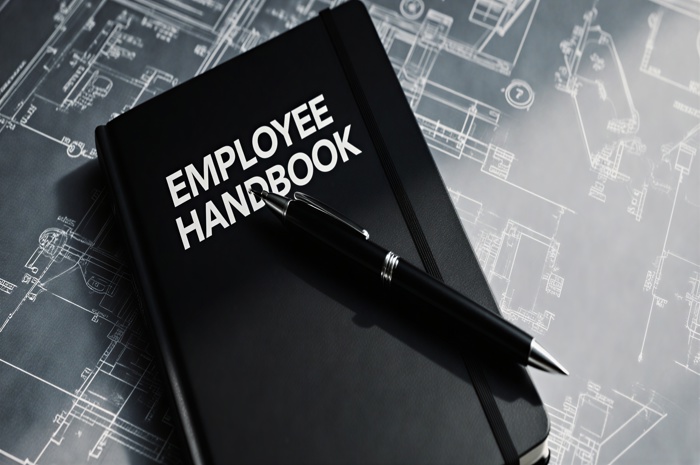Sole Trader vs Incorporated Company
Sole Trader: A sole trader, also referred to as a sole proprietorship, is a business owned and operated by a single individual, where there is no legal separation between the owner and the business itself.
Corporation: a corporation, commonly a limited company in the UK is a separate legal entity, with a clear distinction between the company's assets and earnings and those of its owners and investors.
What is Incorporation?
Incorporation is the legal process of forming a company, which is usually owned by shareholders (even if there's only one owner) and may be managed by a board of directors. However, a business doesn't need to be incorporated to operate. Business owners can opt to run their business as a sole trader or a partnership.
One key distinction between a sole trader and a limited company and a primary reason a business may choose to incorporate, is the ability to issue shares. Corporations offer shares to distribute part of the ownership to others, giving the company the option to sell a portion of its ownership through shares.
The Benefits of Incorporation
1. Tax Benefits:
Probably one of the biggest incentives of incorporating a company is the tax advantages. As a sole trader, you will have to pay income tax on your profits over £12,570 (Personal allowance threshold). This could be either 20% (Basic Rate), 40% (Higher Rate) or 45%(Additional Rate). The current rate of corporation tax in the UK currently stands at 25% (For businesses with augmented profits over £250,000). When you incorporate from a sole trader to a Ltd company, this means you will start to pay 19% - 25% corporation tax on the company profits, rather than up to 45% income tax on profits as a sole trader.
In addition to the lower tax rate on the businesses profits, as the owner of a limited company you can receive both a salary and dividends. This can be a much more tax-efficient way to pay yourself if your salary doesn’t exceed the £12,570 personal allowance. This method of payment allows you to keep income tax and National Insurance contributions at a minimum while still earning an income.
2. Separate Legal Entity (Protection):
A sole trader has personal liability for the company debts, whereas a director of a business is a separate legal entity from their business, meaning there is limited liability when it comes to the businesses debts. This means personal possessions such as your home, savings and belongings are protected if the business runs into financial difficulty.
3. Credibility and Trust:
Being incorporated shows a certain level of professionalism and stability, making it easier to establish trust with customers and create long lasting business relationships. As a result, limited companies may find it easier to secure investment and better deals with suppliers.
4. Raising Capital Through Shares:
Investors are more inclined to fund a limited company because its legal structure provides transparency and protection. With personal assets and business assets kept separate, there is less risk to investors, offering them peace of mind. Additionally, the ability to issue shares makes investing in your company more attractive, as it creates new opportunities for growth.
The Drawbacks Of Incorporation
1. Documents are public:
Incorporated companies are required to meet specific public disclosure requirements, such as filing annual accounts, revealing information about directors, and making these details accessible to the public through the Companies House register. Although this transparency promotes accountability and trust, some businesses may prefer to keep their business operations confidential.
2. Additional costs:
Registering a new company comes with costs, including registration and legal fees, as well as ongoing expenses for annual accounts and tax compliance. Although the exact costs depend on the company’s size and structure, they tend to be higher than those of other business types, such as sole proprietors or partnerships.
3. Administrative Responsibilities:
The company must file an annual confirmation statement with Companies House. Additionally, you will need to submit annual accounts to Companies House and file your corporation tax return (CT600) to HMRC. This will increase the administrative burden on the company's directors. Sole traders who incorporate may find these additional tasks time consuming and costly.
When you should consider incorporation timeline
Entrepreneurs should carefully consider their situation, goals, and preferences before deciding to incorporate. Thinking about the business's lifecycle will help determine the best time to incorporate for success and sustainability.
Limited liability is a huge benefit when incorporating, with the potential for a lower tax rate on profits. However, these advantages come with some increase in complexity and higher annual compliance costs. A business with modest profits and few assets may not see the financial benefits of incorporation, but as the business grows, it may be worth considering in the future.
How To Incorporate A Business
1. Choose a company name:
You must ensure that the company name you have selected has not already been taken by another business. This can be done by using our company name checking tool.
2. Decide who the company directors are:
After deciding on a name for your company you must appoint a director. A director will manage the activities and finances of the business, ensuring all required filing is completed correctly and by the deadlines.
3. Prepare the relevant documents:
Memorandum of association - A legal statement signed by all the initial shareholder or guarantors agreeing to form the company. This must be delivered to Companies House.
Articles of association - A document that details the rules governing a company's operations and outlines its purpose.
4. Register with Companies House:
You will need to register an official address and select a SIC (Standard Industrial Classification) code - this identifies what your business does.
5. Register with HMRC for Corporation Tax:
You should add Corporation Tax services to your account as soon as you begin trading. This covers activities such as buying, selling, advertising, renting property, and employing staff. For more details on how to activate your Corporation Tax service, click here.
Looking For Advice On Incorporating A Business?
At EasyDigital we offer affordable company registration packages which include everything you need to be fully compliant with Companies House, and receive your certification of incorporation as standard.
We recommend adding a company registered address to enable official correspondence handling, and protect your private address from appearing on the public register. Find out about our company incorporation pricing here.





















